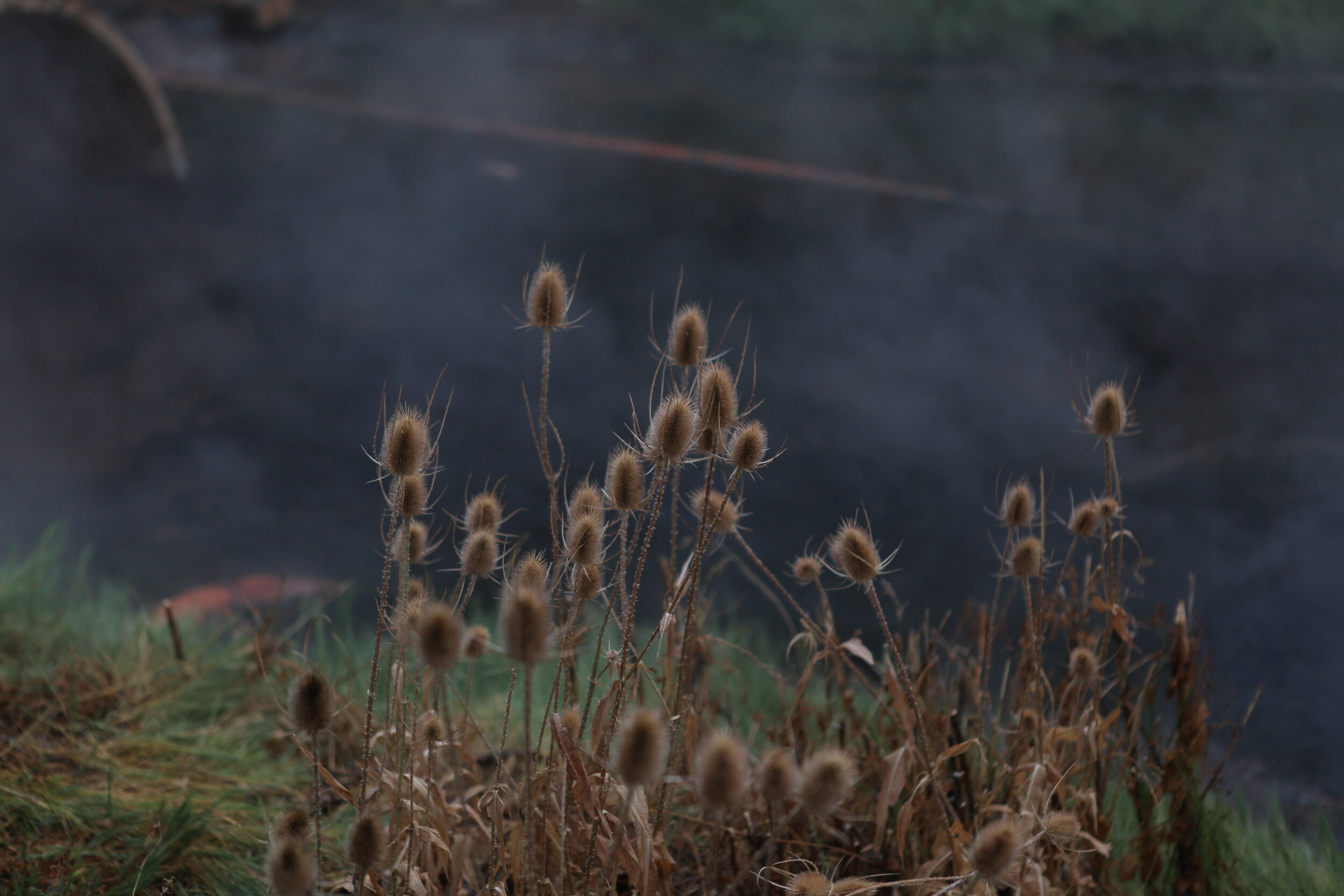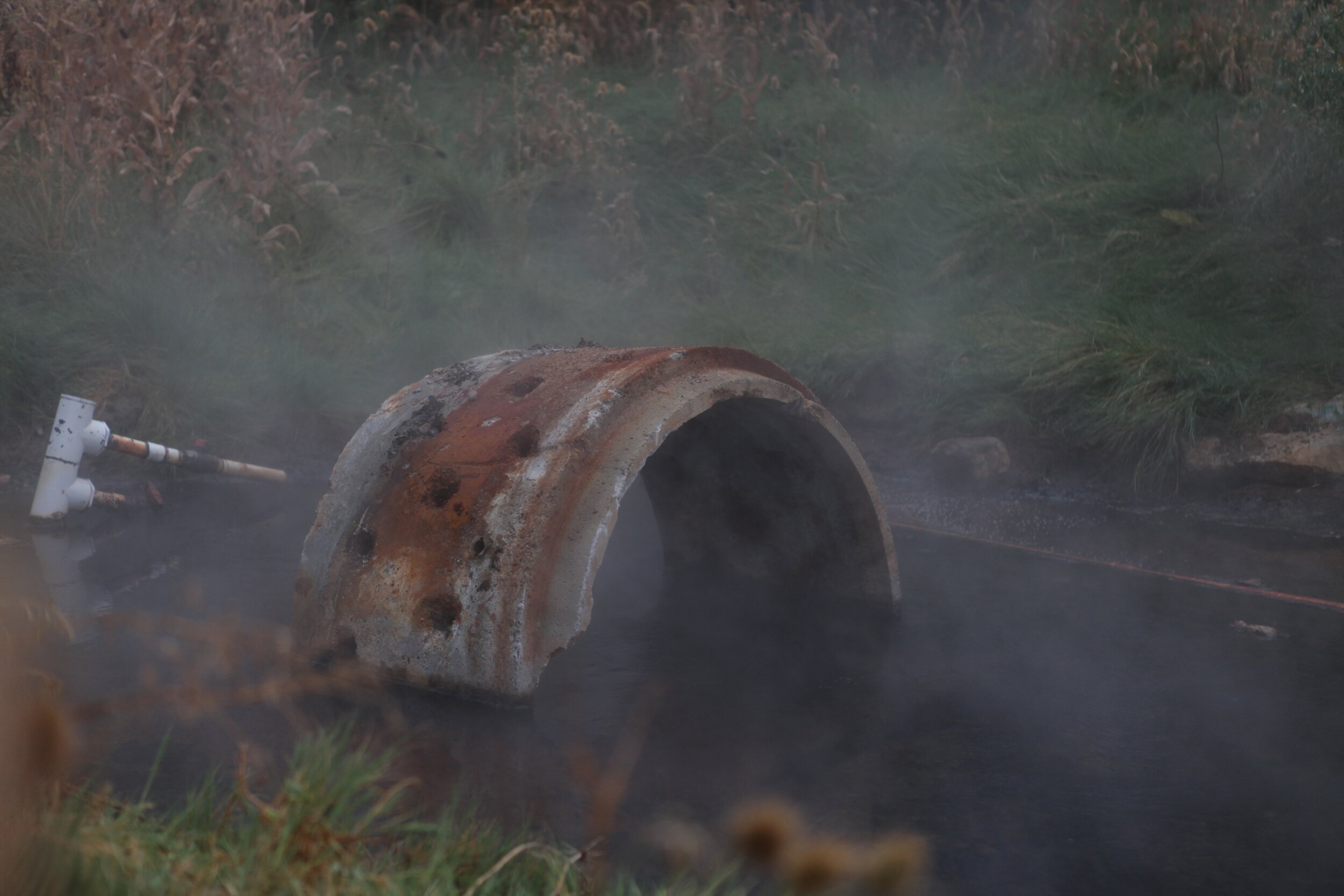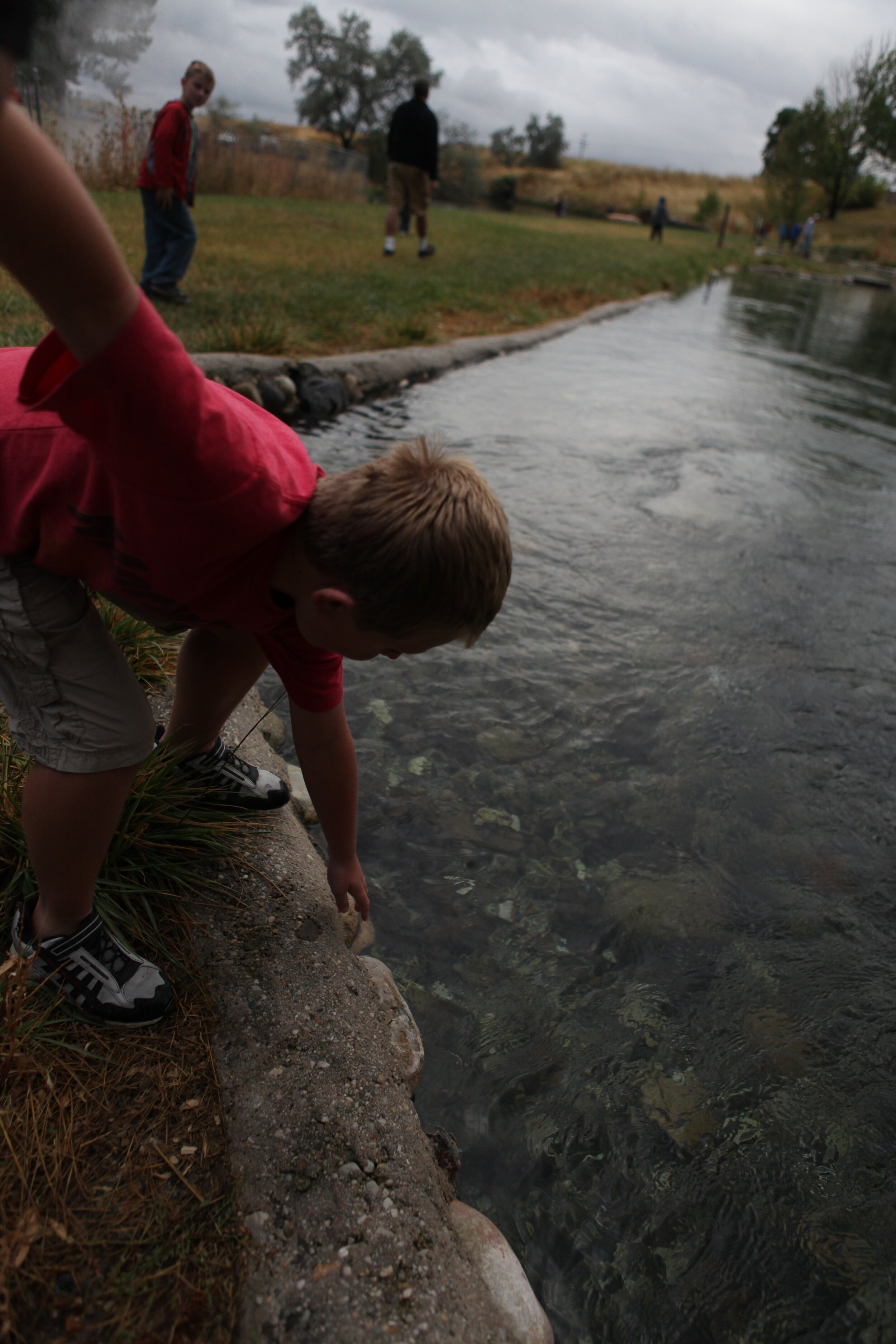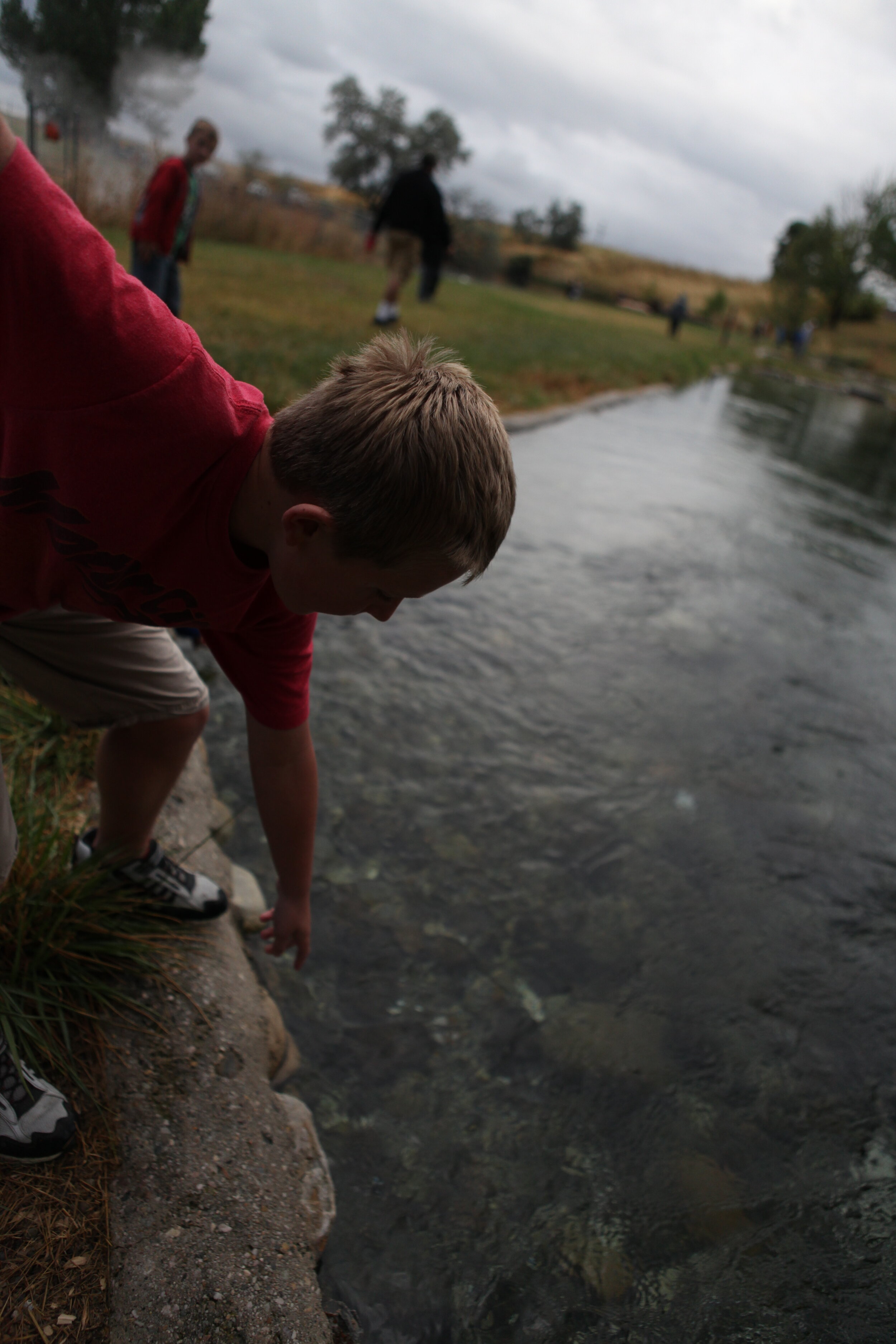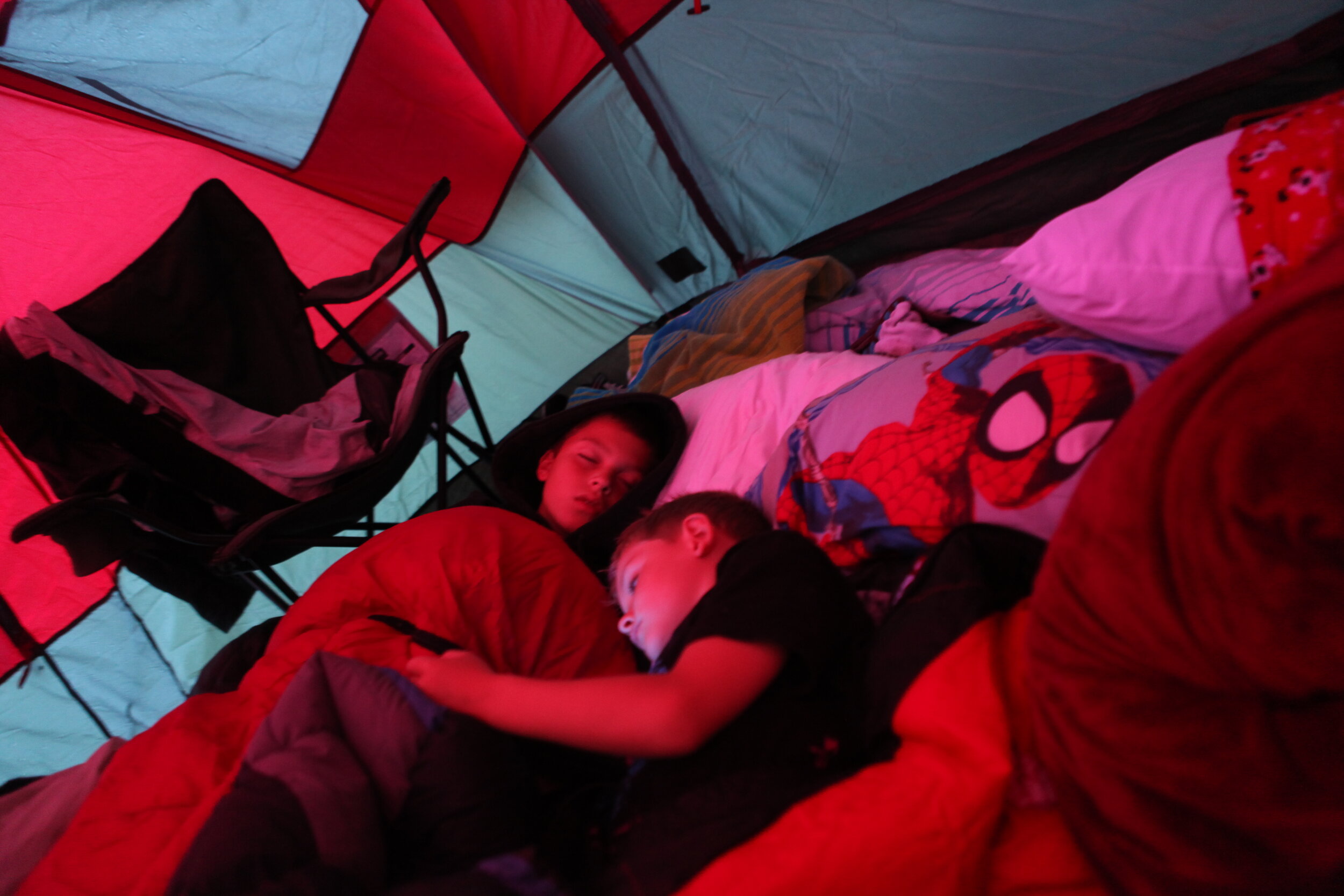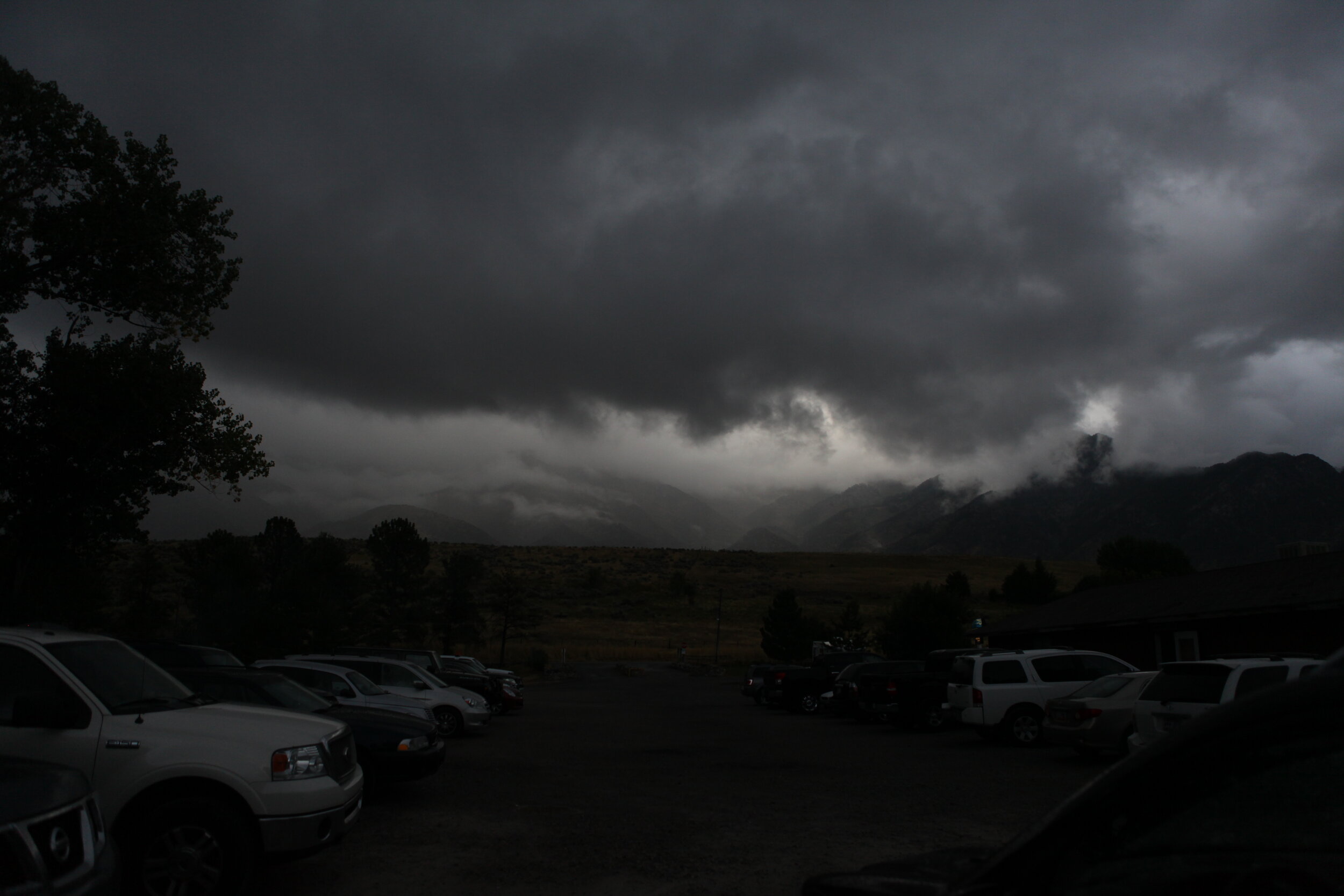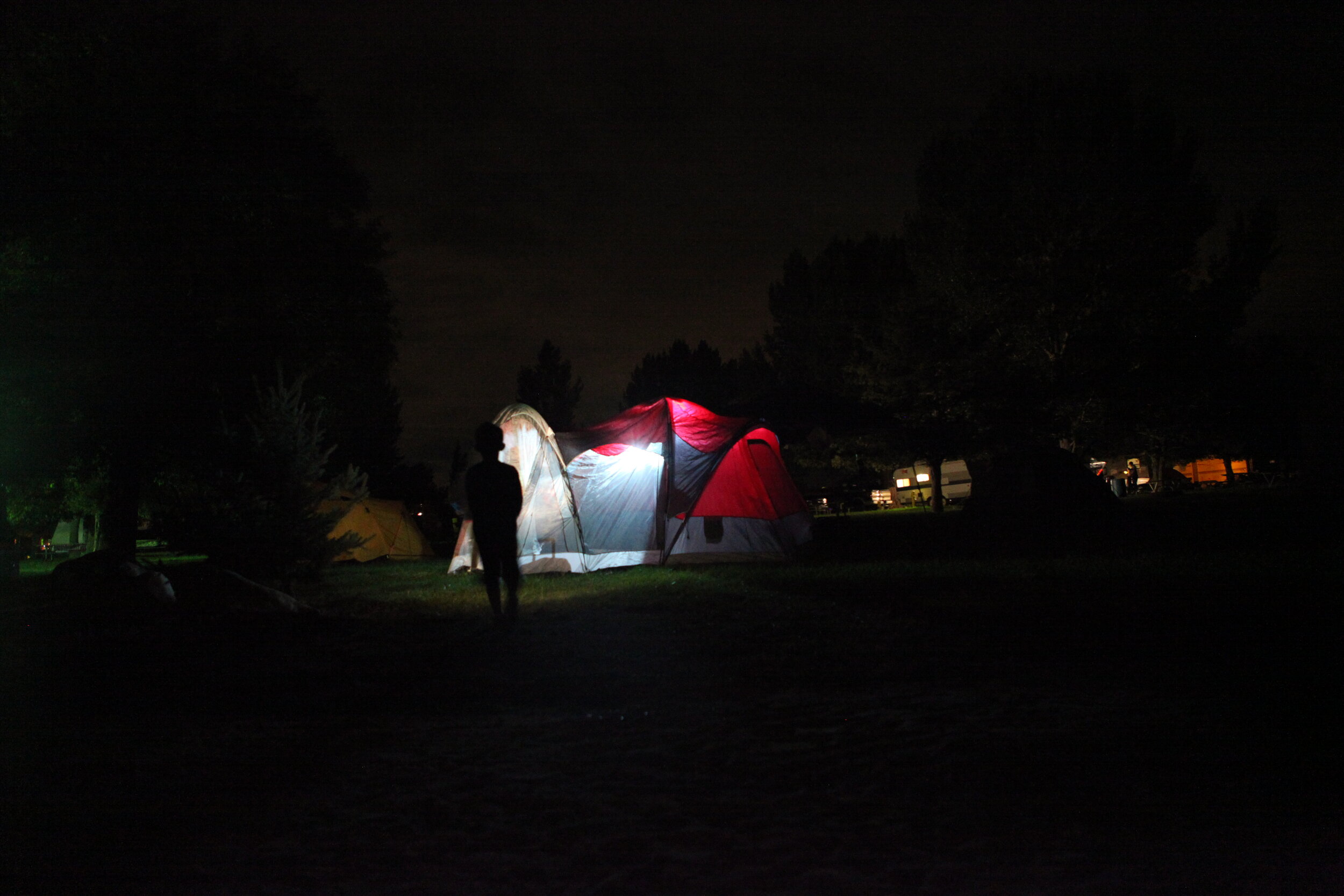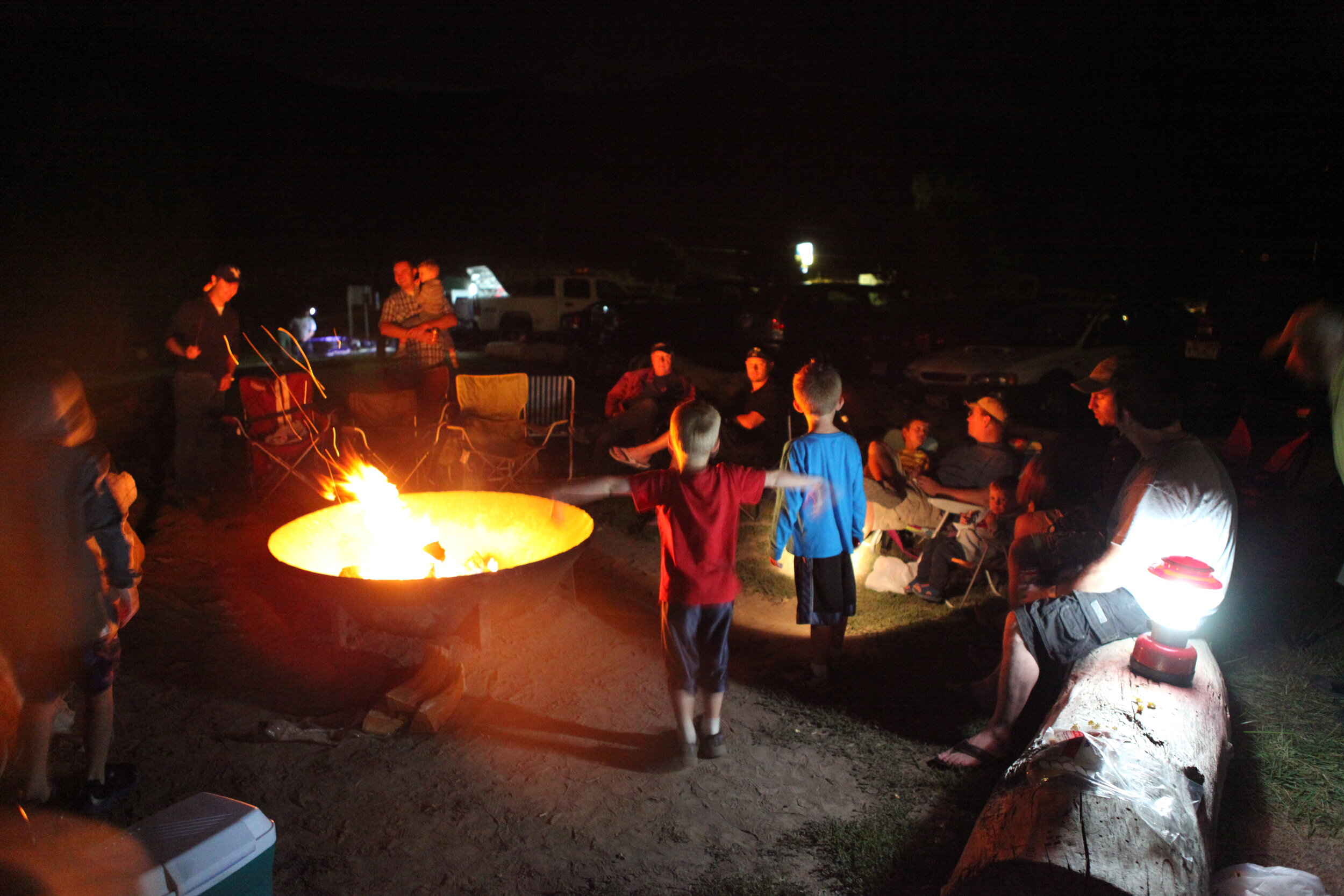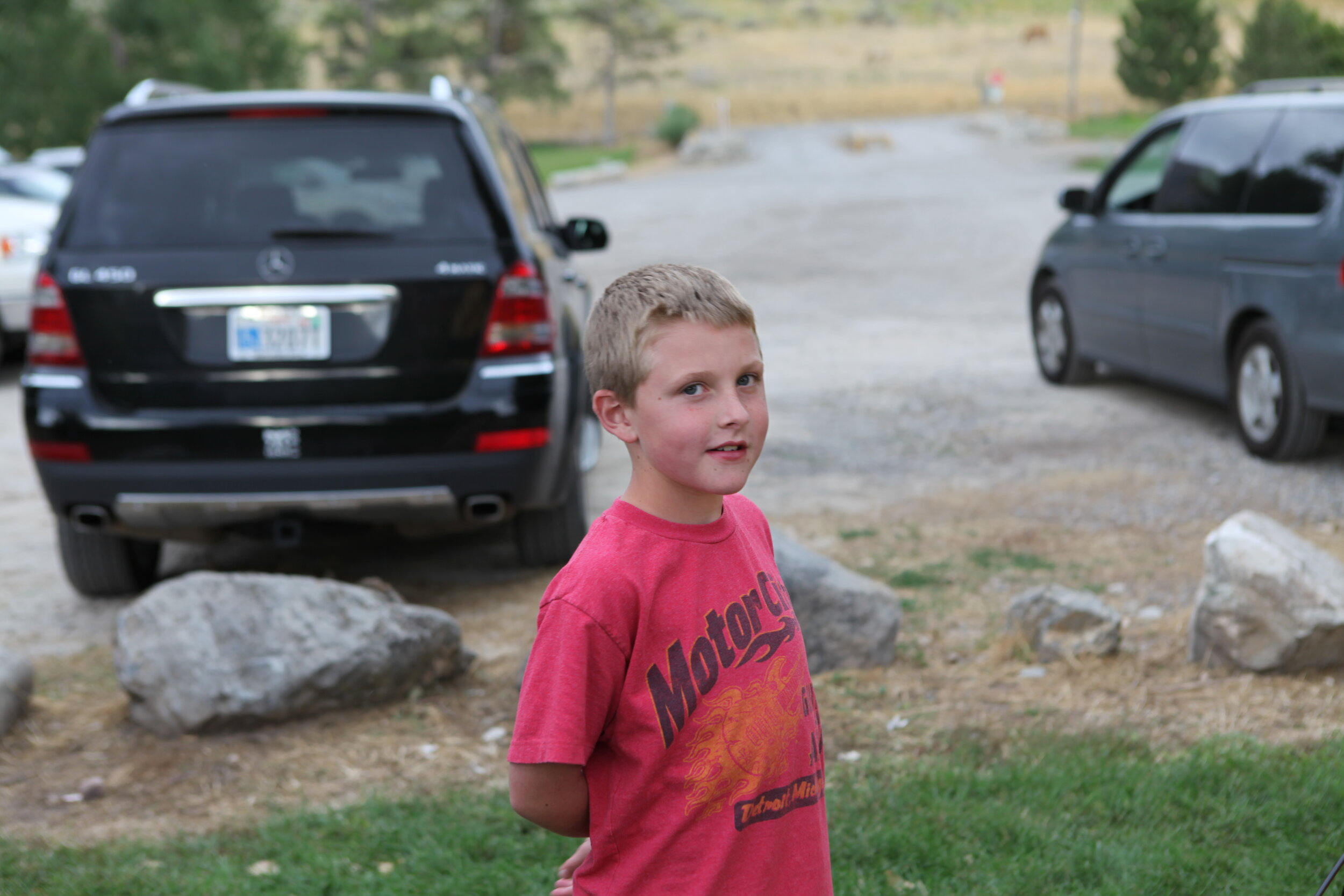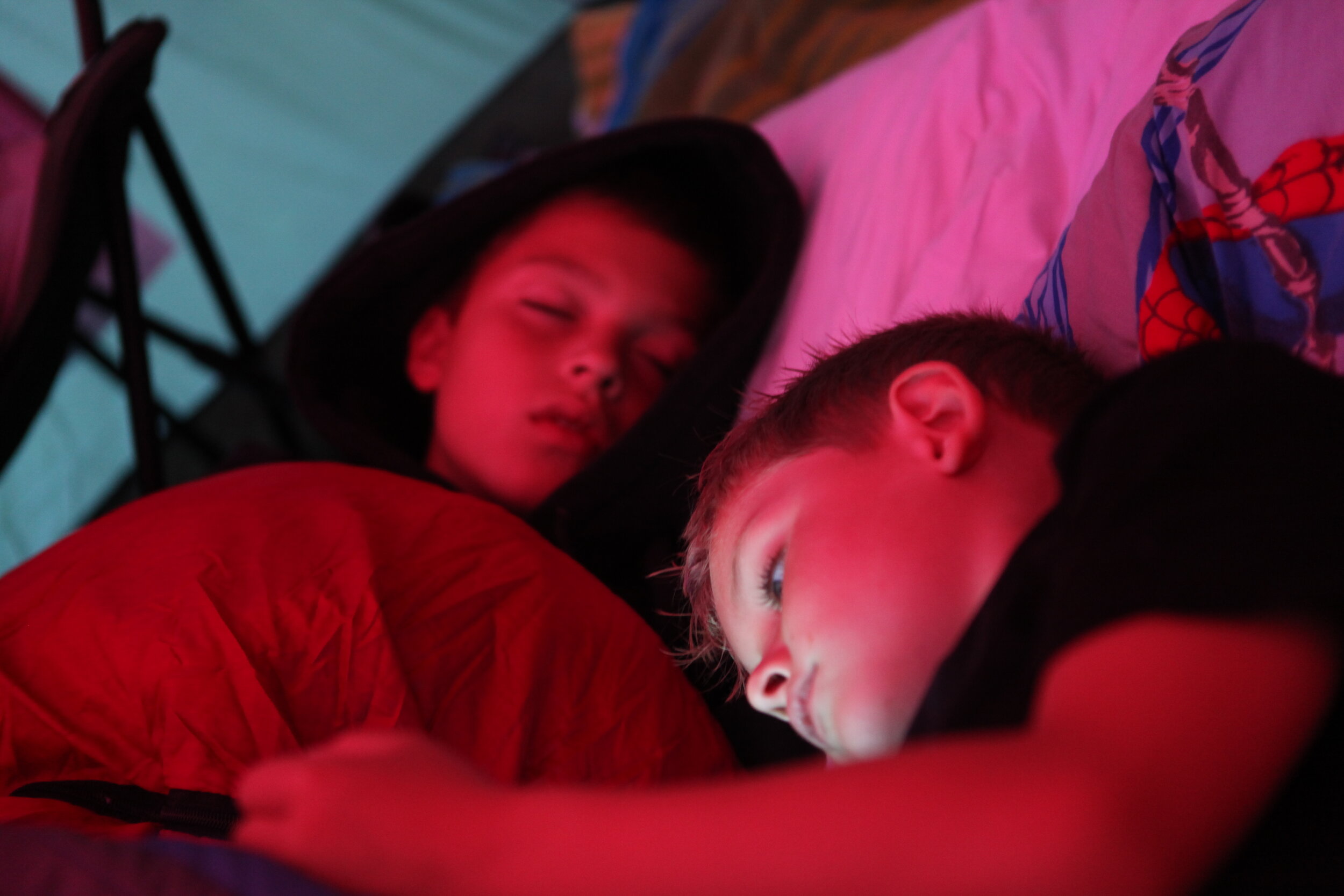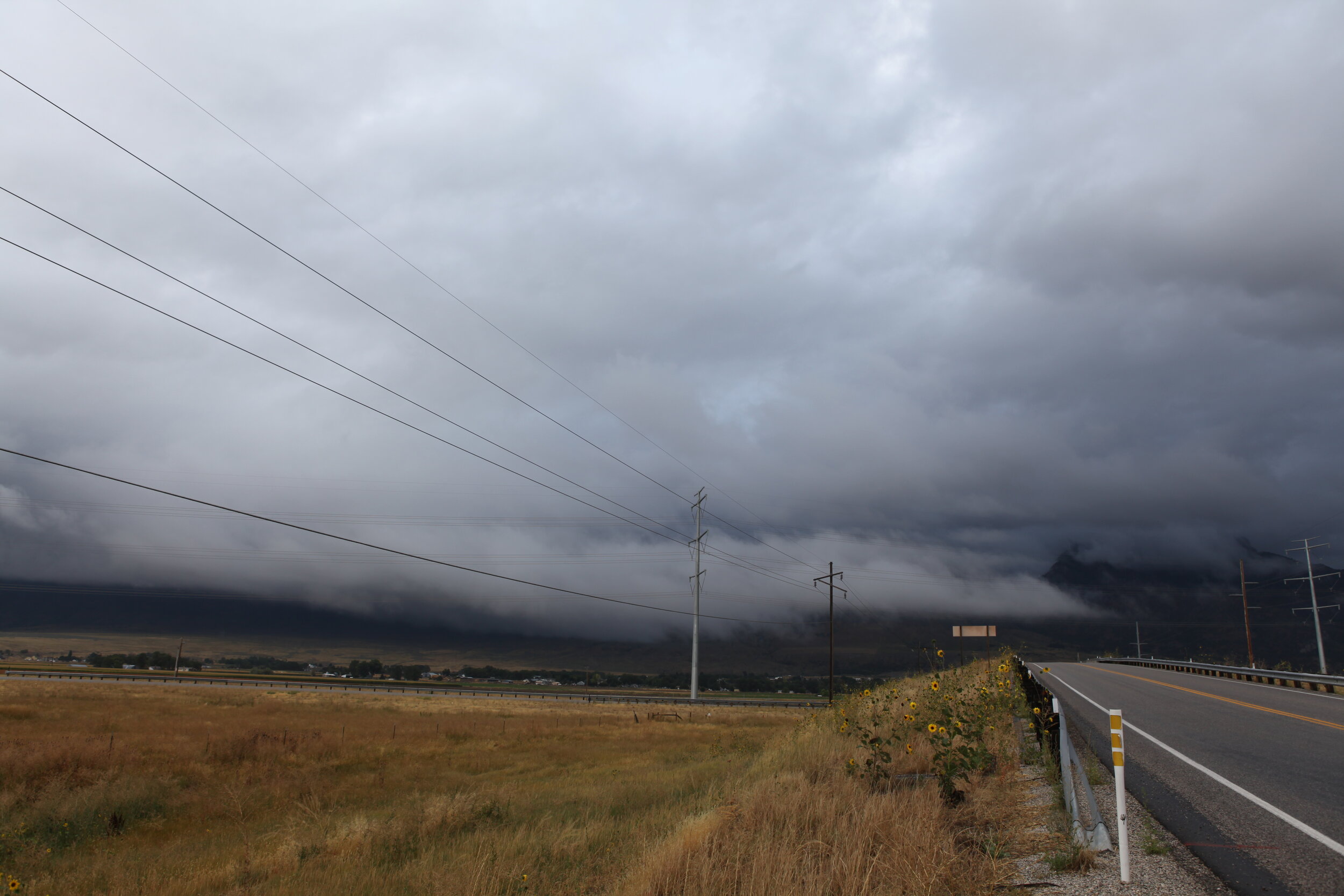I don’t often look at photos of the funeral. Most of the time, I prefer to look at other parts of my son’s life and the things he taught me. Today, as I browsed photos of Mitch, I stumbled into this image, and I immediately welled with tears.
We were gathered as a family to say our final goodbyes to Mitch. Soon the casket would close, and I would never again see my son’s physical form in mortality. The funeral services would begin shortly, and Natalie and I would give the most difficult addresses of our lives.
At one point during this family gathering, I saw my nieces from across the room; I could tell they were emotional and struggling over the loss of their cousin. My heart was filled with compassion for them, so I excused myself from a conversation and walked in their direction, wanting to offer a little hope and sunshine during a dark time.
I asked if I could share something with them, and they smiled softly, then nodded yes. I showed my nieces a screengrab I took of Mitch guiding me through Facetime to find a specific Nerf gun for one of his neighbors and best buddies, Derek Mackerell. I was fumbling around Walmart’s toy section pointing to options … and all of them swiftly rejected. Mitch was particular – he was making plans to have an epic Zombie battle in our basement, and he thought Derek would be a great sniper. He also wanted this gun to be a gift to him.
Were you to look closely at this image; you’d see Mitch smiling (almost laughing) at me. I had become what I thought I’d never be: a clueless parent when it came to childhood pop-culture. As a kid, I wondered why my parents couldn’t figure out how to use a VCR or remote control. Cables confused them, and I had become a childhood tech geek. Things were much simpler back then. Now I get it.
In this case, I didn’t know the make and models of Nerf guns … I only knew the basics: they were plastic and shot foam darts. Beyond that, I was useless, and Mitch thought that was pretty funny. At one point, Mitch laughed, then put his hand on his forehead and said, “Dad, how can you not know these things?” We both laughed, and I finally found the sniper rifle he so wanted for his friend.
The boys would have an epic battle soon after. I can still hear the youthful laughs of those kids immersed in make-believe. Mitch would pass away about a week later, and the sound of his laughter, as unique as a fingerprint or a snowflake, as beautiful as a songbird, would be silenced forever.
Gosh, I miss him today. It hurts, but that’s okay.
Having passed away just before his 11th birthday, he would have turned 18 today. I wonder what he would have been like. I’ll always wonder. Such is the burden of those who grieve.
A few years would pass, and we’d walk down the street to give that Nerf sniper rifle to Derek, thanking him for being such a good friend to our boy. I’ll always love that young man for being such a good friend to Mitch.
I don’t know where the time goes, but it moves much faster than grief.
I’ve learned that I can be happy and sad at the same time. In this very moment of journaling, my heart is broken, but it is also gushing with gratitude and love. My heart is heavy as lead and my soul, light as a feather.
Tonight we’ll celebrate Mitchell’s 18th birthday as a family. Because of the pandemic, we’ll be ordering Orange Chicken from Panda Express and eat at the cemetery. We’ll play UNO, share our favorite memories, and just enjoy each other’s company. My kids miss Mitch, too, and they’re allowed to feel all the feels - however and whenever they come.
I suspect it will be all the things: happy, sad, nostalgic, and forward-thinking — a beautiful potpourri of real.
If there’s one thing my little boy has taught me, it’s this: of all the things we give and take, the only things we truly keep are the memories we make.
Happy Birthday little boy, raising you was such a treat, now I treasure the memories I keep.


